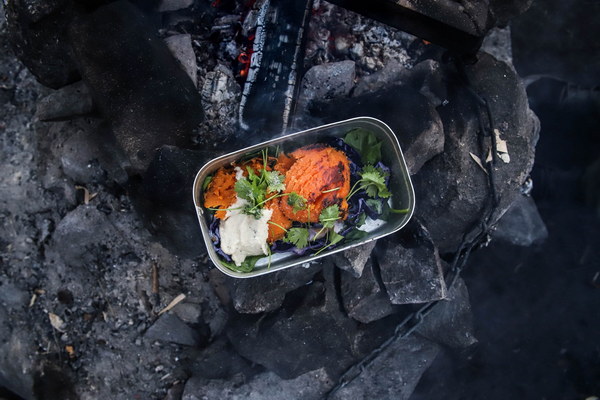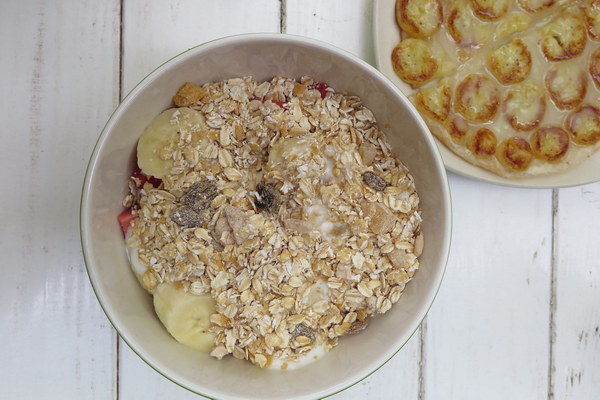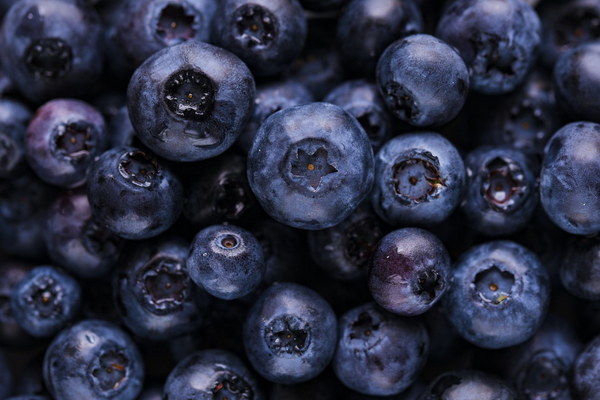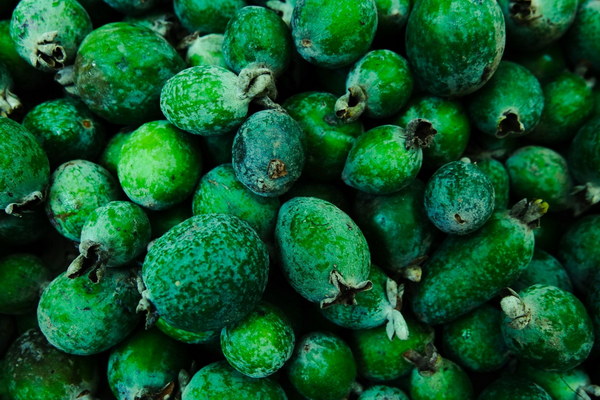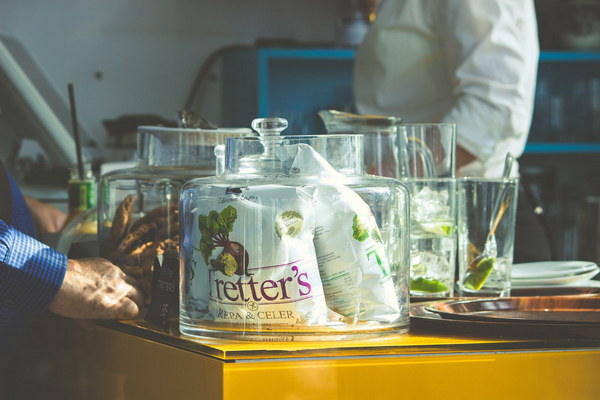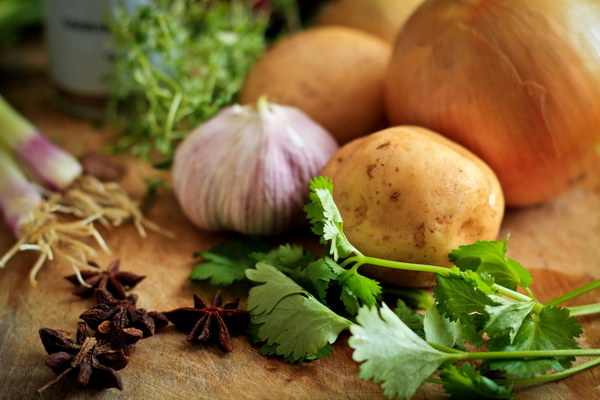Maximizing Winter Wellness Strategies for High-Calorie Nutrition to Stay Warm and Healthy
As the temperatures drop and the winter chill sets in, the body's natural response is to seek warmth. But along with staying cozy, it's crucial to maintain good health through the colder months. One effective way to do this is by incorporating high-calorie, nutrient-rich foods into your diet. Here's a comprehensive guide on how to embrace high-calorie nutrition for winter wellness.
1. Embrace Hearty Soups and Stews
Winter is the perfect season for cozy, comforting soups and stews. These dishes not only provide warmth but also offer a high concentration of nutrients. Try making a pot of vegetable soup with a mix of root vegetables like carrots, parsnips, and potatoes, or a hearty chicken or beef stew. These meals are filling and can be made in bulk to last several meals, ensuring you stay nourished throughout the week.
2. Include Healthy Fats
Healthy fats are essential for maintaining body heat during the winter. Incorporate sources like avocados, nuts, seeds, and olive oil into your diet. These fats help to keep your body warm and also provide essential fatty acids that support overall health. Avocado toast, a handful of almonds, or a drizzle of olive oil on your salad can make a significant difference in your daily calorie intake.
3. Focus on High-Protein Foods
Protein not only helps in muscle repair and growth but also plays a key role in maintaining body temperature. Include lean meats, fish, poultry, legumes, and dairy products in your diet. For those who prefer plant-based options, lentils, chickpeas, and tofu are excellent high-protein choices. Aim for a serving of protein with every meal to keep your body warm and energized.
4. Consume Warm Beverages
Hot beverages are not only delightful but also effective at raising your body temperature. Drink a warm cup of herbal tea, cocoa, or even a creamy latte made with almond milk. These drinks can provide a quick boost of calories and comfort, making them perfect for cold winter days.

5. Snack Smart
Snacking can help keep your metabolism active and prevent you from feeling too cold. Opt for calorie-dense, nutrient-rich snacks such as cheese, whole-grain crackers, hummus with carrot or cucumber sticks, or yogurt with nuts and berries. These snacks will keep your energy levels up and your body warm.
6. Prioritize Complex Carbohydrates
Complex carbohydrates, such as whole grains, legumes, and starchy vegetables, are excellent sources of sustained energy and help to maintain body temperature. Include a serving of complex carbs at each meal, such as brown rice, quinoa, whole-wheat bread, or sweet potatoes, to keep your body fueled and warm.
7. Don't Neglect Vitamins and Minerals
Winter can lead to a decrease in vitamin D levels due to limited sun exposure. Ensure you're getting enough vitamin D through diet or supplements. Additionally, vitamins A and C are important for immune system support and overall health. Include foods rich in these vitamins, such as oranges, kale, and fortified cereals, in your diet.
8. Stay Hydrated
It's easy to forget to drink water in the winter, but staying hydrated is still essential. Warm water with a slice of lemon or herbal teas can help keep you hydrated while contributing to your overall calorie intake.
By following these strategies, you can enjoy the winter season while keeping your body warm and healthy. Remember, the key to high-calorie nutrition in winter is not just about adding more calories but about ensuring those calories come from nutrient-dense foods that support your body's needs during the colder months. Stay warm, stay healthy, and enjoy the cozy aspects of winter!


